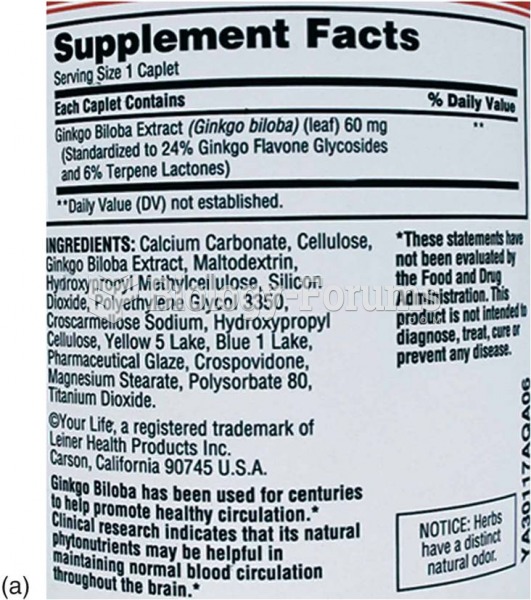|
|
|
Amphetamine poisoning can cause intravascular coagulation, circulatory collapse, rhabdomyolysis, ischemic colitis, acute psychosis, hyperthermia, respiratory distress syndrome, and pericarditis.
The word drug comes from the Dutch word droog (meaning "dry"). For centuries, most drugs came from dried plants, hence the name.
In inpatient settings, adverse drug events account for an estimated one in three of all hospital adverse events. They affect approximately 2 million hospital stays every year, and prolong hospital stays by between one and five days.
There are major differences in the metabolism of morphine and the illegal drug heroin. Morphine mostly produces its CNS effects through m-receptors, and at k- and d-receptors. Heroin has a slight affinity for opiate receptors. Most of its actions are due to metabolism to active metabolites (6-acetylmorphine, morphine, and morphine-6-glucuronide).
Inotropic therapy does not have a role in the treatment of most heart failure patients. These drugs can make patients feel and function better but usually do not lengthen the predicted length of their lives.
 Deserts differ across the world. (a) Acacia trees between a gravel plain and sand dunes in the Namib
Deserts differ across the world. (a) Acacia trees between a gravel plain and sand dunes in the Namib
 Two ginkgo biloba labels, note the lack of standardization in (a) 60 mg of extract, 24% ginkgo flavo
Two ginkgo biloba labels, note the lack of standardization in (a) 60 mg of extract, 24% ginkgo flavo
 The skulls of living haplorhines differ from those of strepsirhines by having large brains, an enclo
The skulls of living haplorhines differ from those of strepsirhines by having large brains, an enclo




